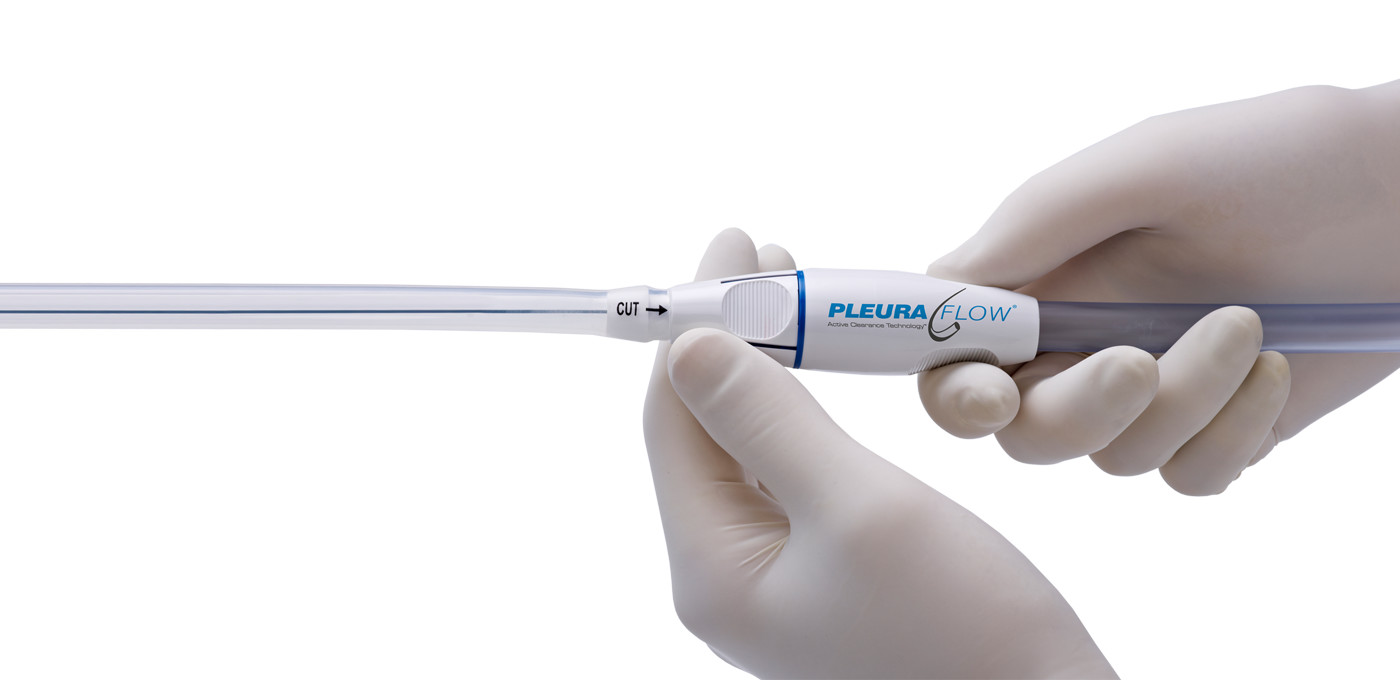
ClearFlow, a California-based company that develops technology to maximize post-operative blood evacuation after cardiac surgery and Mayo Clinic are launching research a Continuous Quality Improvement (CQI) program for patients recovering from heart surgery. Simon Maltais, MD, PhD, Mayo Clinic Associate Professor of Surgery, Division of Cardiovascular Surgery will serve as the Principal Investigator for the CQI program.
Recent studies have demonstrated that up to 20% of patients recovering from heart surgery have some form of intervention due to retained blood that can slow recovery and increase the costs of care,” said Edward Boyle, MD, co-founder and Chairman of ClearFlow. “The goal of this study is to implement structured protocols in the ICU that can facilitate improved recovery for patients after heart surgery. These protocols will include use of PleuraFlow® Active Clearance Technology® (ACT®) System, a simple bedside device used to keep chest tubes free from clogging during the first 24–48 hours of recovery after heart surgery.”
An award-winning innovation developed by cardiothoracic surgeons, PleuraFlow ACT has been shown to reduce both Retained Blood Syndrome (RBS) and post-operative atrial fibrillation in published studies. A key aim of this study is to develop structured ICU protocols to minimize the potential for retained blood within the framework of a continuous quality improvement program and measure patient outcomes improvement.
A recent study by independent investigators in Germany, published in the Journal of Thoracic and Cardiovascular Surgery, affirmed a reduction in retained blood interventions required after surgery from 20% to 11% (43% reduction) in all cardiac surgery patients when the PleuraFlow System was used, as well as a reduction in Postoperative Atrial Fibrillation (POAF) from 30% to 20% (a 33% reduction) in propensity matched patients. The study results demonstrate that by implementing a quality improvement protocol to reduce chest tube clogging, complications can be reduced and patient outcomes can be improved. The cost to treat these complications add an enormous burden to the healthcare system.
